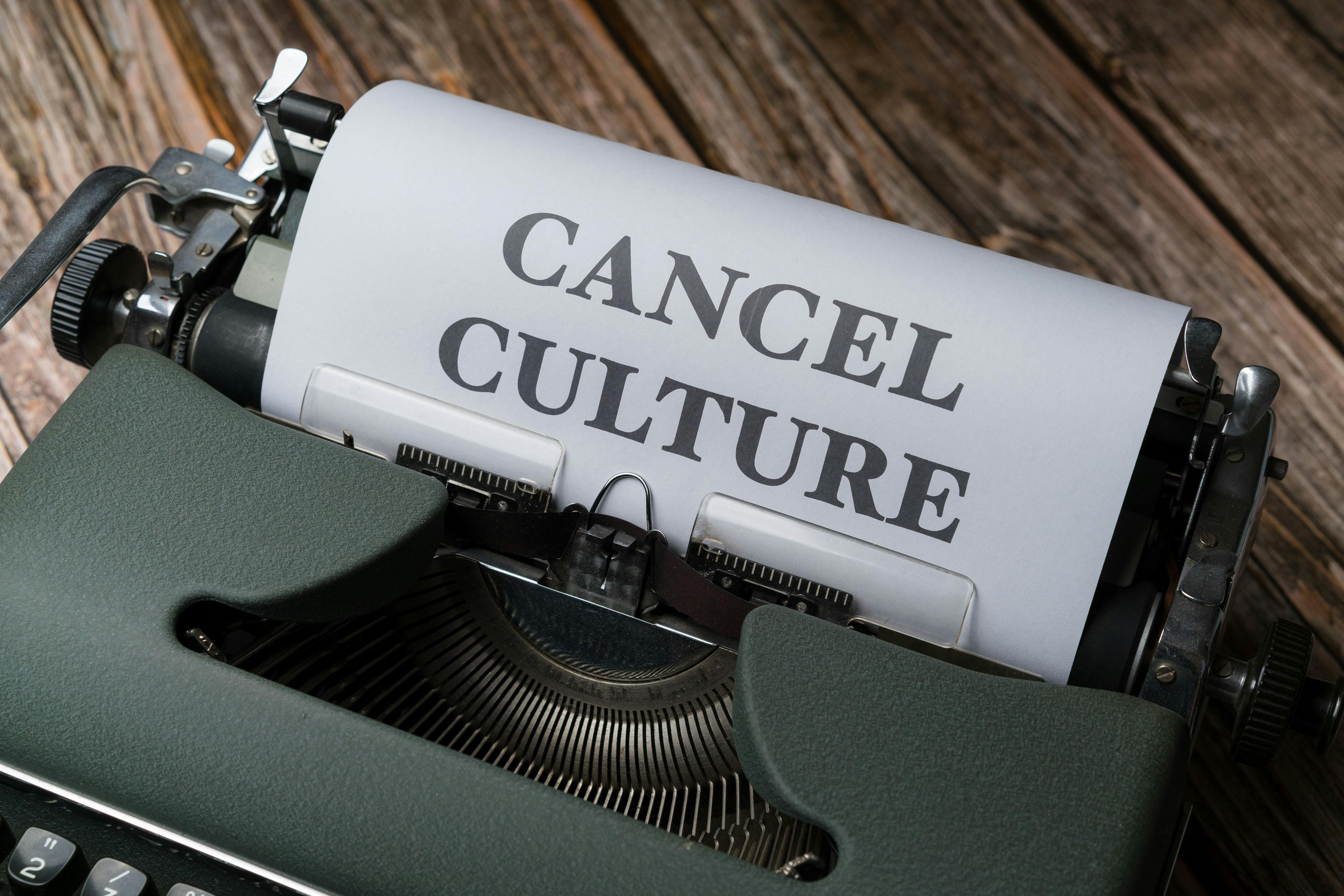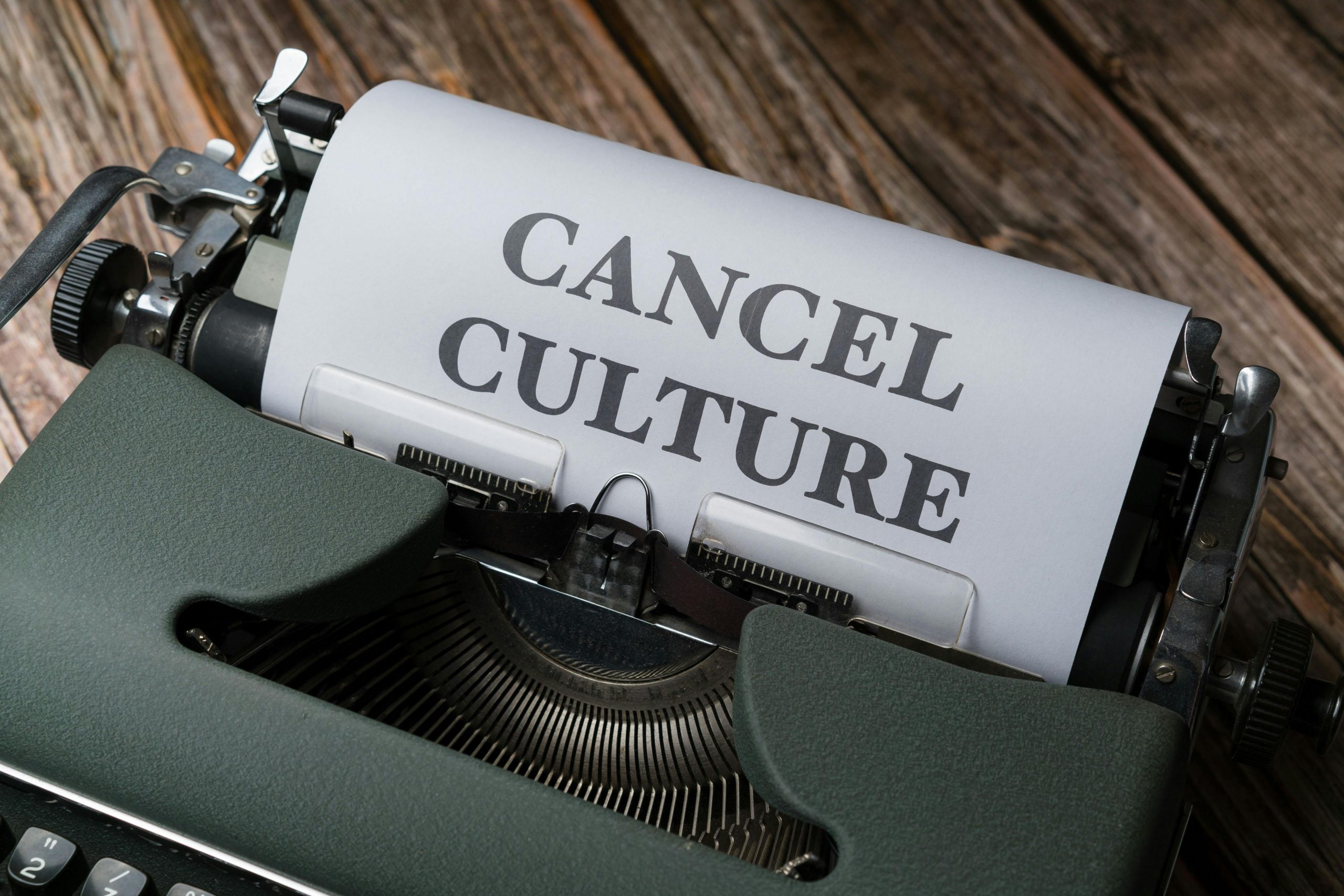
The Great Divide: Two Narratives Clash Over Value
The immediate fallout from the author’s initial commentary polarized everyone. The public sphere fractured into two distinct camps, each armed with a compelling, almost philosophical defense of their hero. Understanding this feud requires grasping these two foundational arguments, which seem almost mutually exclusive in today’s hyper-specialized world.
The Defense of the Author’s Cultural Critique
Following the initial volley and the direct personal counter-attack, the narrative quickly polarized, leading to strong defenses of the author’s original position. Her supporters coalesced around the idea that her observations were, in fact, a necessary act of cultural accountability, a demand that immense power be matched by proportionate cultural awareness and empathy. They argued that her critique was not born of envy or professional rivalry but from a sincere belief that the world’s most influential figures should reflect, or at least acknowledge, the breadth of common human value systems. This perspective holds that citizenship in the global community requires more than financial accumulation; it demands a baseline of shared human experience. These advocates suggested that the author was applying a sophisticated, literary lens to dissect the emotional and ethical costs associated with the single-minded pursuit of technological dominance, positing that the billionaire’s persona exhibited distinct signs of intellectual and emotional hollowness despite his financial zenith. The discussion thus became less about the author’s age or personality and more about the perceived moral obligation of the ultra-wealthy to contribute to, or at least appreciate, the non-monetary dimensions of society. When someone controls the future of transportation, communication, and even colonization of other planets, shouldn’t they also be expected to appreciate a sunset or a well-crafted novel? That’s the core question being pressed here.
The defense centered on the idea that a “well-rounded” human being possesses emotional intelligence that transcends quarterly earnings reports. The ability to connect with the “common human value systems”—the joy in a pet, the solace in nature, the shared cultural experience of art—is positioned not as a weakness, but as the essential bedrock of wise leadership. To this side, a mind operating purely on technical problem-solving, devoid of such emotional grounding, risks building a future that is efficient but ultimately sterile or even dystopian. If you want to learn more about the philosophical underpinnings of this argument, consider reading up on humanities scholarship for a broader context on cultural value.
The Counter-Argument Championing Technological Focus. Find out more about Joyce Carol Oates critique of Elon Musk values.
Conversely, the magnate’s defenders rallied to challenge the premise of the critique itself, often characterizing it as an exercise in elitist judgment against a builder of tangible progress. This faction argued that the author was unfairly imposing antiquated standards of social grace and cultural performance onto a figure whose primary value lies in tangible innovation across critical sectors like sustainable energy, aerospace engineering, and artificial intelligence development. To them, the very definition of “educated” and “cultured” was being weaponized against someone whose focus is on reshaping the future rather than reflecting on the past or appreciating common sentimentality. They often posited that the author was simply projecting traditional artistic expectations onto a mind that operates on a fundamentally different, more technical, and visionary plane. In this narrative, the magnate’s perceived lack of interest in nature scenes or sports scores was not a deficit, but evidence of a necessary, almost ascetic, focus required to achieve his unprecedented goals, suggesting that a different kind of “cultivation”—that of engineering prowess—is what truly matters in the current global context. The logic follows that achieving breakthroughs in advanced AI development or making space travel routine demands a singular, near-obsessive focus that leaves little room for conventional cultural pursuits.
This argument pushes back hard on the notion that *art* is the only valid measure of a cultivated mind. They see the world’s greatest challenges—climate change, interplanetary survival—as engineering problems requiring unprecedented intellectual commitment. The defense boils down to this: While appreciating art is fine, creating a self-sustaining Martian colony or solving global energy needs is objectively more consequential to humanity’s long-term survival. The critic, from this view, is prioritizing ephemeral cultural artifacts over epoch-making, material progress. For a deeper dive into the defense of engineering as the highest form of human endeavor, look into the history of industrial revolution impact and its thinkers.
Broader Societal Implications of the Feud
The reason this online exchange became global news isn’t merely the fame of the participants; it’s that their personalities are avatars for massive societal fault lines. When the wealthiest person on Earth gets into a public fight with a respected literary figure, every spectator reads their own anxieties and hopes into the exchange.
Commentary on Inequality and the Responsibilities of the Affluent. Find out more about Joyce Carol Oates critique of Elon Musk values guide.
The viral nature of this confrontation ensured its significance extended well beyond the personalities involved, becoming a proxy for larger societal anxieties regarding wealth stratification and corporate responsibility. As global discourse increasingly centers on widening gaps between the exceedingly affluent and the general populace, the author’s sharp focus on the behavior and values exhibited by the ultra-wealthy struck a deep chord. It provided a rare, direct cultural lens onto what many already suspect about the distance between the classes.
Data from the latest comprehensive reports only reinforces this tension. As of mid-2025, the number of billionaires worldwide has surged past 3,000 for the first time in history, a collective fortune touching $16.1 trillion. This level of concentration—where the richest 1% captured 41% of all new wealth globally between 2000 and 2024, while the bottom half captured only 1%—is the undeniable backdrop to any critique of the *behavior* of the ultra-rich. Her commentary was interpreted by many as a powerful, if indirect, indictment of the corrosive effect that unchecked accumulation can have, suggesting that such immense fortunes can act as an insulating barrier, severing the wealthy from the realities and shared emotional touchstones of the world they ostensibly lead. This public critique served as a potent, if temporary, reminder that staggering material success does not inherently confer wisdom, moral authority, or cultural depth, thus fueling a renewed, albeit brief, societal conversation about the moral obligations that ought to accompany extraordinary power and economic dominance in an era grappling with escalating global challenges.
Here are a few ways the concept of responsibility is being debated in the wake of this event:
- The Empathy Deficit: Critics argue that the sheer scale of wealth—with figures like the magnate being one of the world’s richest, commanding hundreds of billions—creates a reality bubble that makes genuine cultural connection impossible.
- The Tax Question: The conversation naturally loops back to financial responsibility. If the elite are perceived as culturally detached, the argument for mechanisms like a permanent wealth monitoring panel or wealth taxes gains more traction among the public.. Find out more about Joyce Carol Oates critique of Elon Musk values tips.
- The Nature of Progress: Is technological progress, pursued at any cost or social compromise, inherently moral? Or must the pursuit of the ‘next big thing’ be tempered by an appreciation for existing human dignity and culture?
- The Provocation Index: The speed and severity of the magnate’s response demonstrated the lingering, unpredictable influence of humanistic critique, even when that critique comes from a source seemingly outside the traditional power structure of tech/finance.
- Content Velocity: The event became a multi-day cycle because the content was rich: an established artist *vs.* the symbol of modern disruption. This narrative trope consistently dominates online attention cycles.
- The Platform as Stage: When the person who owns the microphone responds aggressively to criticism, it fundamentally alters the conversation, shifting the focus from the original subject (cultural awareness) to the *reaction* (abuse of power/platform).
- Anchor Critique in Values, Not Personality: Frame your critique around universal principles (empathy, fairness, connection) rather than superficial characteristics. Oates succeeded because she spoke to the “breadth of common human value systems”.. Find out more about Cultural accountability for the ultra-wealthy debate definition guide.
- Know Your Audience—And Your Opponent: Understand the lens through which your target will view your critique. A purely technical audience may dismiss cultural arguments out of hand, requiring you to translate your point into a language of risk, efficiency, or long-term stability.
- Measure the Amplification Effect: Every response is an advertisement for the initial critique. Before hitting ‘send’ on a defensive reply, ask: “Is my response three times louder and ten times angrier than the original post I’m arguing against?” If so, you are amplifying the narrative that supports your critic.
- Cultivate a Cultural Buffer: As wealth and influence grow, the margin for error in public commentary shrinks. Building a reputation for measured engagement—even on topics outside your core expertise—creates a psychological buffer that lessens the sting of legitimate cultural critiques.. Find out more about Technological dominance vs cultural awareness feud insights information.
For a fuller understanding of the economic context fueling this public sentiment, review the G20 report summary on G20 Extraordinary Committee Report on Global Inequality (external link).
The Perpetual Spectacle of High-Profile Online Confrontations
Finally, the entire episode is emblematic of the modern media ecosystem itself, where high-profile digital skirmishes involving figures of extreme influence—whether in literature, technology, or politics—have become a central form of public entertainment and analysis. The rapid dissemination, the instant polarization, and the engagement of millions of users turning a simple critical observation into a multi-day news cycle highlight the platform’s power to elevate personal spats into major cultural signifiers. The fact that this conflict occurred on X, a platform actively shaping global discourse, added another meta-layer of tension, given the owner’s own stated philosophy on free speech versus accountability.
This specific sequence of events, starting with a thoughtful observation and escalating through personal invective, provided compelling, easily digestible content that satisfied the modern appetite for conflict between established authority figures from disparate professional domains. It was the perfect storm of intellectual weight meeting raw digital confrontation.. Find out more about Joyce Carol Oates critique of Elon Musk values strategies.
Consider these takeaways on the spectacle:
This entire episode is a real-time lesson in digital influence and marketing ethics, showing how quickly a critique can be reframed by the scale of the response it elicits.
Actionable Insights: Translating the Clash into Your Own World
While most of us aren’t a world-famous author or a trillion-dollar industrialist, the conflict offers concrete lessons for anyone trying to build a brand, lead a team, or engage in public discourse today. Don’t just consume the drama; extract the strategy.
For the Creator/Critic: The Power of Principled Observation
The author landed a significant cultural blow because her observation was rooted in a widely held, if unstated, belief about human connection. Actionable Takeaway:
For the Leader/Innovator: The Cost of the Reaction
The magnate’s defensive, combative reply generated massive press but arguably hurt his stated goals more than the original critique. Actionable Takeaway:
Conclusion: Defining the Currency of the Future
The recent confrontation between Joyce Carol Oates and Elon Musk has provided an accidental, yet incredibly vivid, snapshot of a society at odds with itself. We are currently living in a time where the architects of material progress—the builders of sustainable energy and AI—are being simultaneously celebrated for their output and scrutinized for their perceived cultural deficit. The exchange forces us to confront a critical question for the remainder of this decade:
Will the world ultimately value the architect who builds the fastest rocket, or the one who best understands the fragile, shared humanity of the people living on the ground?
The defenders of the technological focus argue that one cannot exist without the other—that the engineering prowess is the ultimate act of service to humanity. The defenders of cultural critique argue that a future built without a soul is not worth reaching. As the global gap between the *haves* (the 3,028 billionaires controlling trillions) and the rest continues to widen, these highly visible cultural skirmishes will only become more frequent. They are the pressure-release valves for anxieties about **wealth stratification and corporate responsibility**. Your takeaway shouldn’t be who “won” the argument on X, but rather to decide which side of the cultural ledger you are willing to contribute to. Are you building the culture, or are you just building the technology?
What are your thoughts on the responsibilities that come with power in 2025? Did the author make a fair point, or was the backlash justified? Let us know in the comments below—we want to hear your perspective on this defining cultural moment.










